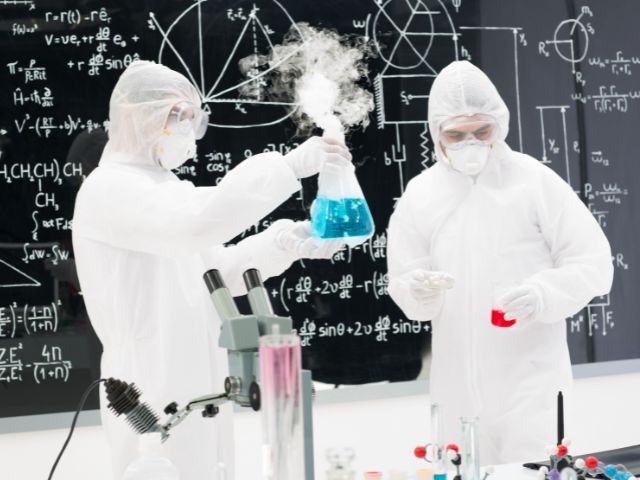

If you didn’t already know, many different types of gases exist that companies use for various processes throughout their business. However, one type is far less common than the others: specialty gases. There’s a lot to know about what makes specialty gases so special, but the key thing to take away is that these gases are much purer than any other you can find.
They are so pure that not many companies find their extreme level of purity to be worth the effort. However, a few industries regularly use specialty gases, and we’re here to review each of them with you.
It’s no secret that the energy industry is a top contributor to global air pollution. Because of this, many governments have enforced strict guidelines on how much CO2 and other harmful gases they can release into the air. On top of that, these companies like to be able to track other, less harmful gases as well.
To do this, they need to use specialty gases to trace how much of each gas they create as a byproduct. The accuracy of the specialty gases will help ensure that these companies keep a precise record of the gases they release into the air, saving them from paying hefty fines for not knowing.
Depending on what a company produces, its research and development teams will likely use a variety of gases to create new products. Since this process must get replicated to a precise degree to ensure a quality end product, they need gases that are very accurate to what they say they are.
Specialty gases come into play here by offering a reliable measurement of what each gas should be like. That way, the researchers can ensure a high level of accuracy throughout their entire creative process.
While similar to R&D teams, laboratories are another big industry that regularly uses specialty gases for their projects. While many of the gases used in experiments and tests don’t reach the level of purity that specialty gases do, these companies still use them to check the quality of their in-house gases.
If the ones they use don’t come close to the standards of specialty gases, they’ll need to use something better. A contaminated gas can heavily skew the results of any given test.
Finally, we have government agencies. While these groups typically use specialty gases for many of the reasons the industries above use them, government agencies are too big of a group to skip mentioning. Whether it’s to track their own carbon emissions or check the air quality of a pressurized sub, governments want only the purest gases to ensure everything is up to code.
24World Media does not take any responsibility of the information you see on this page. The content this page contains is from independent third-party content provider. If you have any concerns regarding the content, please free to write us here: contact@24worldmedia.com
